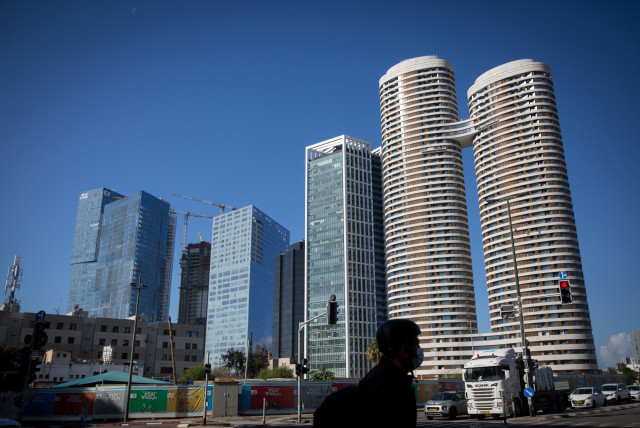Despite the complicated period, there is investor confidence in Israel

Although Israel has seen a period of instability, there are broad hopes that investors will remain and invest in the country's prominent high-tech sector.
In a panel on the future of high-tech held Tuesday at the Maariv-Walla conference, participants shared their perspectives on the current crisis in the high-tech market, the changes that need to be implemented, and the hope that investors in Israel still retain.
Dr. Esther Luzzatto, CEO of The Luzzatto Group, said at the panel: “This is a year of crisis for high-tech. There has also been a decline in activity in the US and London. Only 28% of those employed in high-tech are women. A company's chances of success increase when women are in senior management.”
Dr. Gal Aviv, CEO and co-founder of BLender: "High-tech is the locomotive that powers the country. The need to create a social impact is no less significant than the economic side. Fintech is designed to facilitate and create solutions and products that will enable the expansion of the economy.”
Eyal Efrat, CIO at Bank Leumi: “Despite the complicated period, the bank has a significant role to play in the high-tech industry. We are making technological adaptations to the financial world. Our fund, The Garage, is investing in companies that deliver products to customers’ homes.”
Optimistic for the future despite modern complexities
Hadar Siterman Norris, Partner at Team 8 Capital: “Our model is unique and has proven itself over time. We have invested in 21 companies to date, and we have made 8 exits. We are in a very complex period, but there is investor confidence in Israel. Male CEOs were recruited and we came in as woman CEOs. We work deeply with the companies. The investors came from working at other companies."
Inbar Cohen, Founder and CEO of Tech19: "We have been in existence for two years. This is all taking place in Yeruham. We founded the company with the understanding that employment is economic and emotional resilience. In the eastern Negev, we lack this resilience. We wanted to change the reality there and create unique jobs."
Jerusalem Post Store
`; document.getElementById("linkPremium").innerHTML = cont; var divWithLink = document.getElementById("premium-link"); if (divWithLink !== null && divWithLink !== 'undefined') { divWithLink.style.border = "solid 1px #cb0f3e"; divWithLink.style.textAlign = "center"; divWithLink.style.marginBottom = "15px"; divWithLink.style.marginTop = "15px"; divWithLink.style.width = "100%"; divWithLink.style.backgroundColor = "#122952"; divWithLink.style.color = "#ffffff"; divWithLink.style.lineHeight = "1.5"; } } (function (v, i) { });


